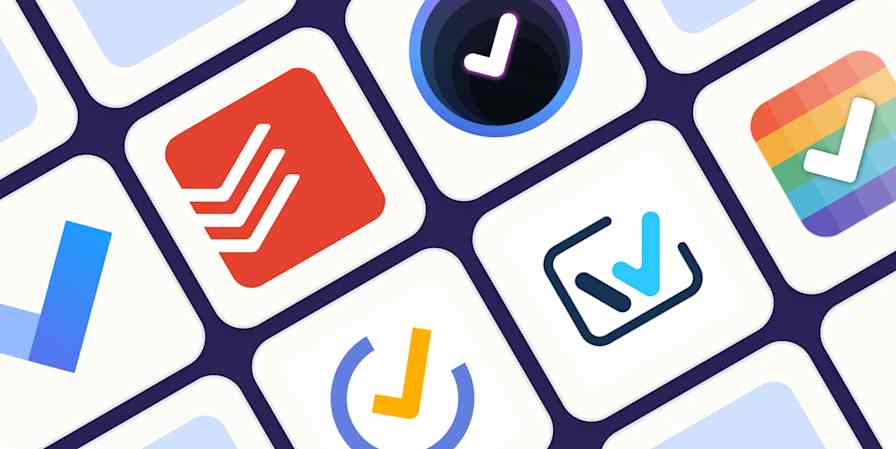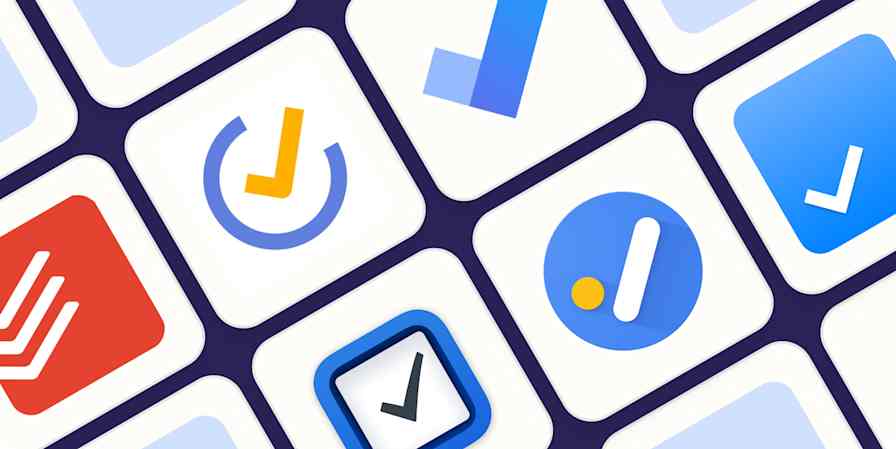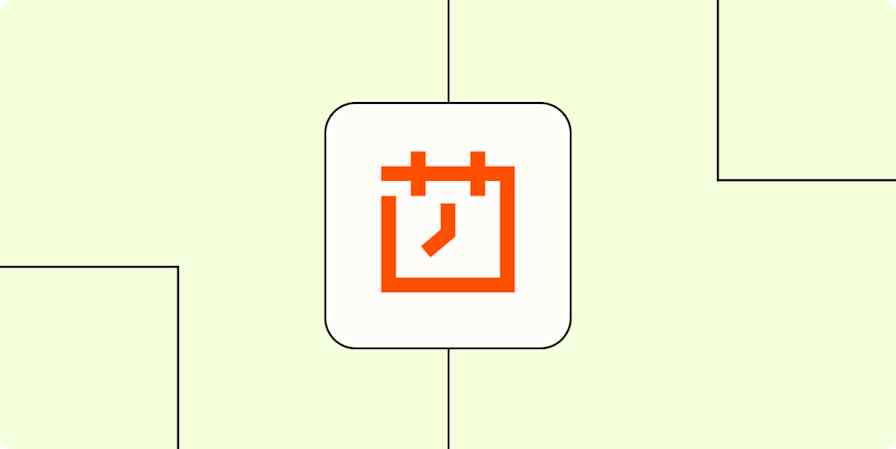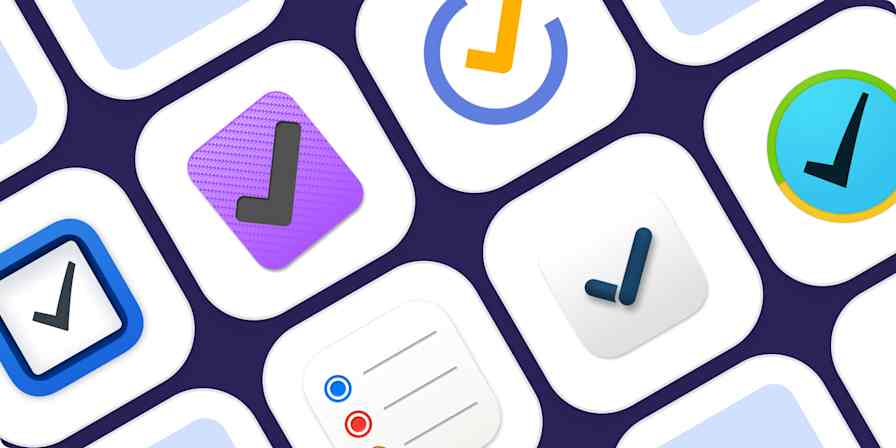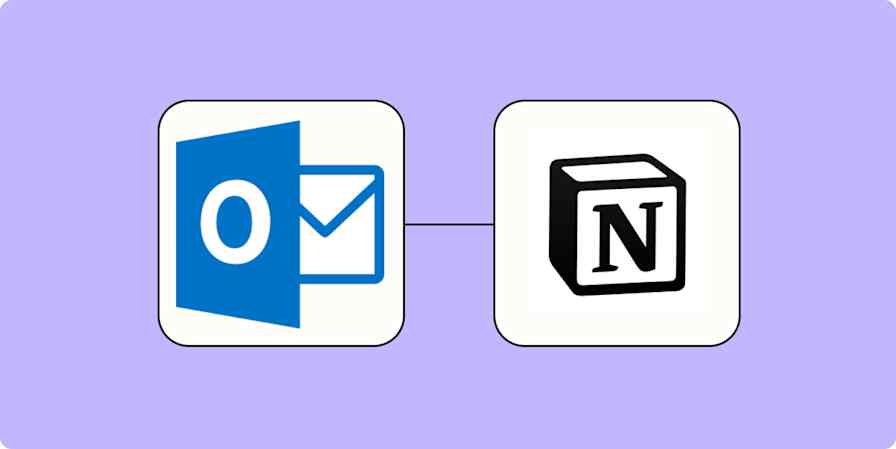App tips
5 min readHow to use Google Tasks
Here's everything you need to build a simple, effective to-do list.
By Jessica Lau · July 13, 2023
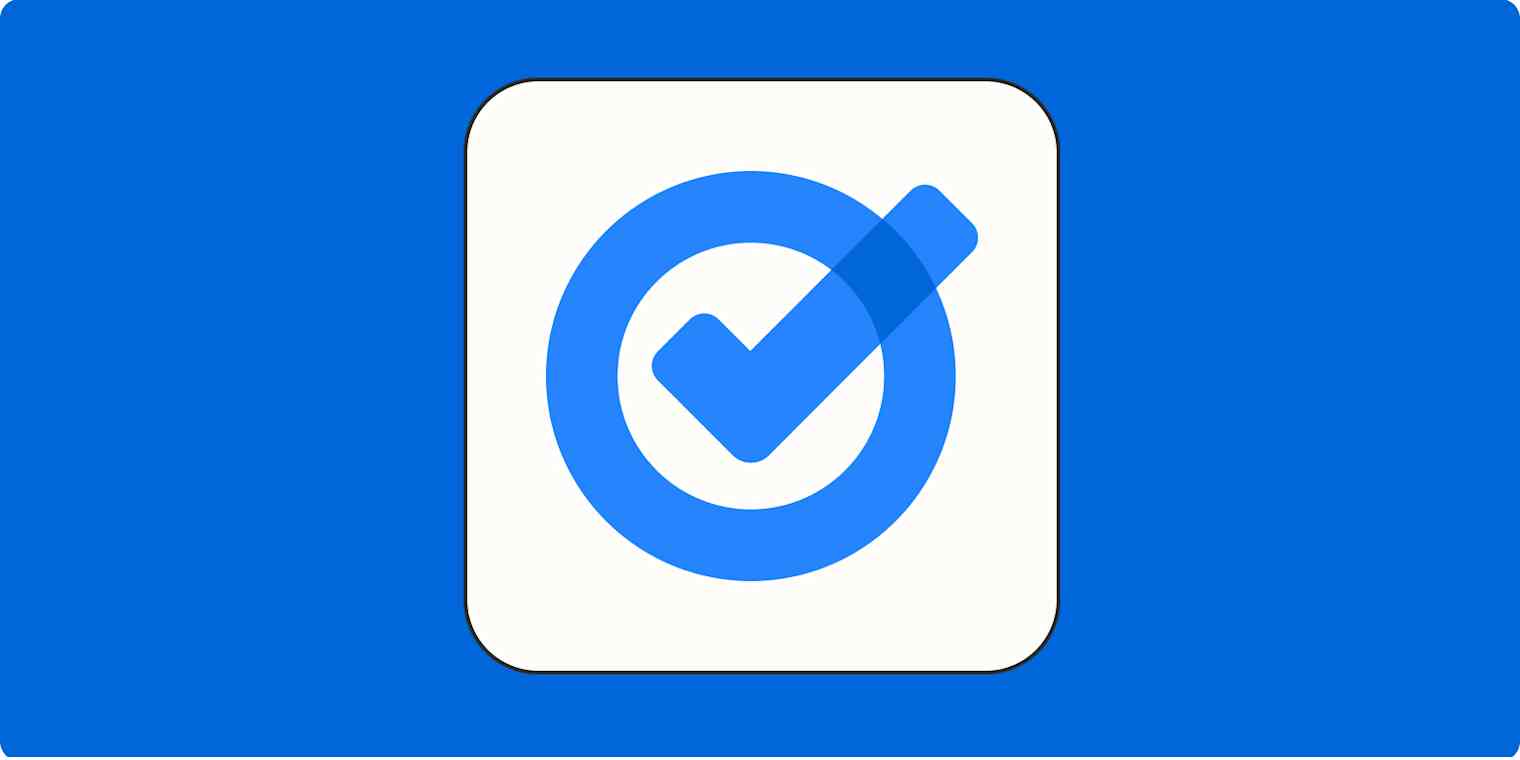
Get productivity tips delivered straight to your inbox
We’ll email you 1-3 times per week—and never share your information.
mentioned apps
Related articles
Improve your productivity automatically. Use Zapier to get your apps working together.



